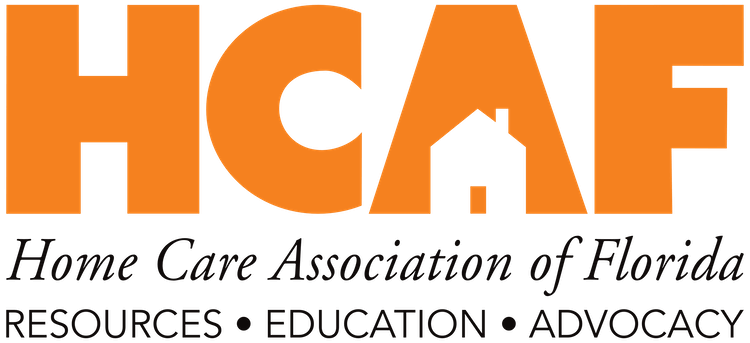Updated: AHCA Finalizes the Private Duty Nursing and Family Home Health Aide Services Coverage Policy

Updated: AHCA Finalizes the Private Duty Nursing and Family Home Health Aide Services Coverage Policy
Effective October 1, 2024, the Agency for Health Care Administration (AHCA) will implement the finalized Private Duty Nursing and Family Home Health Aide Services Coverage Policy. Established by the 2023 Florida Legislature through HB 391, the FHHA program aims to provide family caregivers with training and employment opportunities while supporting medically fragile children.
Key Features of the Program
Under the Family Home Health Aide (FHHA) program, home health agencies will be reimbursed at a rate of $25 per hour under the Medicaid fee-for-service (FFS) fee schedule for up to eight (8) hours per day. However, Medicaid health plans have flexibility in setting reimbursement rates, and the final rate will be negotiated between providers and their contracted managed care plans. FHHA services are intended to complement Private Duty Nursing (PDN) services but must not duplicate authorized PDN hours.
Earlier this summer, AHCA finalized Rule 59A-8.0099, setting the minimum training requirements for FHHAs. This rule mandates an 86-hour training program, exceeding the 75-hour requirement for Medicaid/Medicare-funded services. The program includes:
- Theoretical Instruction and Training (40 hours)
- Skills Training (30 hours)
- Clinical Competency Training and Validation (16 hours)
FHHAs are not required to reimburse agencies for training costs, and the program shields agencies from civil liability if aides fail background screenings.
Key Updates in the Final Policy
- Terminology Changes:
- "Relative" was replaced with "related provider, legal guardian, or caretaker relative" in multiple sections for enhanced clarity regarding who can provide care under this policy.
- A new definition for "Caretaker Relative" was added in compliance with 42 CFR 435.4.
- Eligibility and Coverage:
- Family Home Health Aide Services: Up to eight (8) hours per day are covered, with services intended to complement, not duplicate, PDN services. FHHA services must be overseen by a non-related registered nurse (RN).
- Private Duty Nursing Services: The policy emphasizes the need for a physician’s order and ongoing monitoring of services provided by independent RNs and licensed practical nurses (LPNs).
- Documentation:
- Providers must maintain comprehensive documentation of assessments and care plans, including assessments performed by a non-related RN for PDN and FHHA services.
- Non-Covered Services Clarifications:
- The final policy reiterates non-covered services, such as:
- Respite care
- Services provided in hospitals and various facilities when the services duplicate those provided by the facility
- PDN and FHHA services provided concurrently.
- The final policy reiterates non-covered services, such as:
- Reimbursement Updates:
- Guidelines are provided on billing codes, modifiers, and reimbursement rates, including rate adjustments for services provided to multiple recipients.
- For PDN services provided by independent RNs or LPNs, the policy now requires explicit physician oversight and monitoring.
- Review Criteria for Private Duty Nursing Services:
- The policy details the specific criteria that must be met, including documentation of the recipient's home environment, organ system dysfunction, and skilled interventions such as catheterization or wound care.
- Gaps Not Addressed:
- Concerns about potential Medicaid ineligibility due to increased household income for FHHAs receiving reimbursement were not addressed in the final policy. This issue may require legislative action to prevent families from losing coverage.
Survey Findings and Concerns Raised by Providers
A recent HCAF survey showed strong interest in the program, with 82% of responding agencies planning to participate and over 400 families expressing interest. However, several concerns were raised:
- The $25 per hour reimbursement rate is seen as inadequate for high-acuity cases.
- Uncertainty regarding liability coverage and Medicaid eligibility impacts.
- The 86-hour training requirement is viewed as excessive for experienced caregivers.
Next Steps
HCAF will continue working closely with AHCA to address any outstanding issues and provide ongoing updates and training resources to support providers throughout the program’s implementation.
